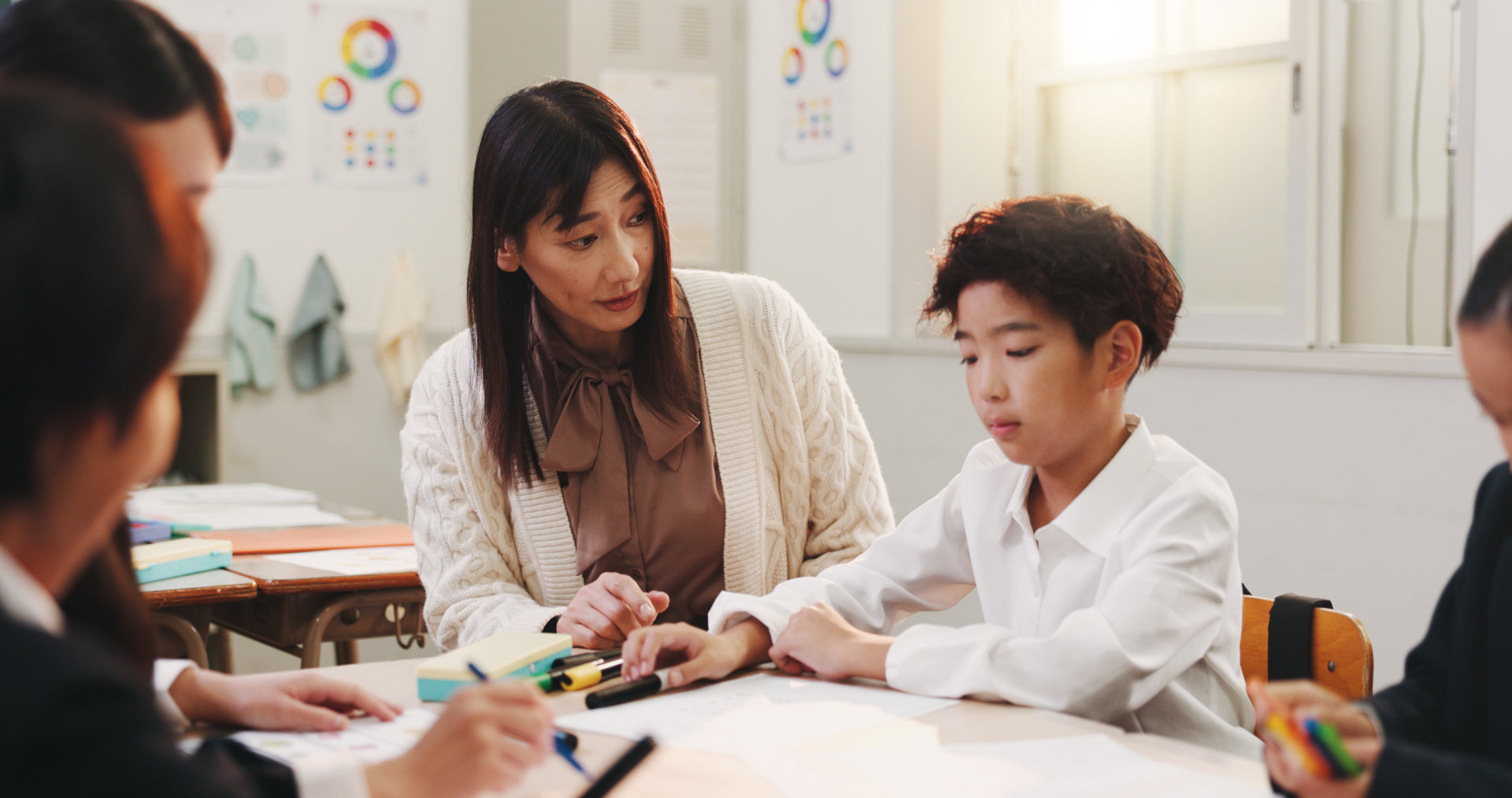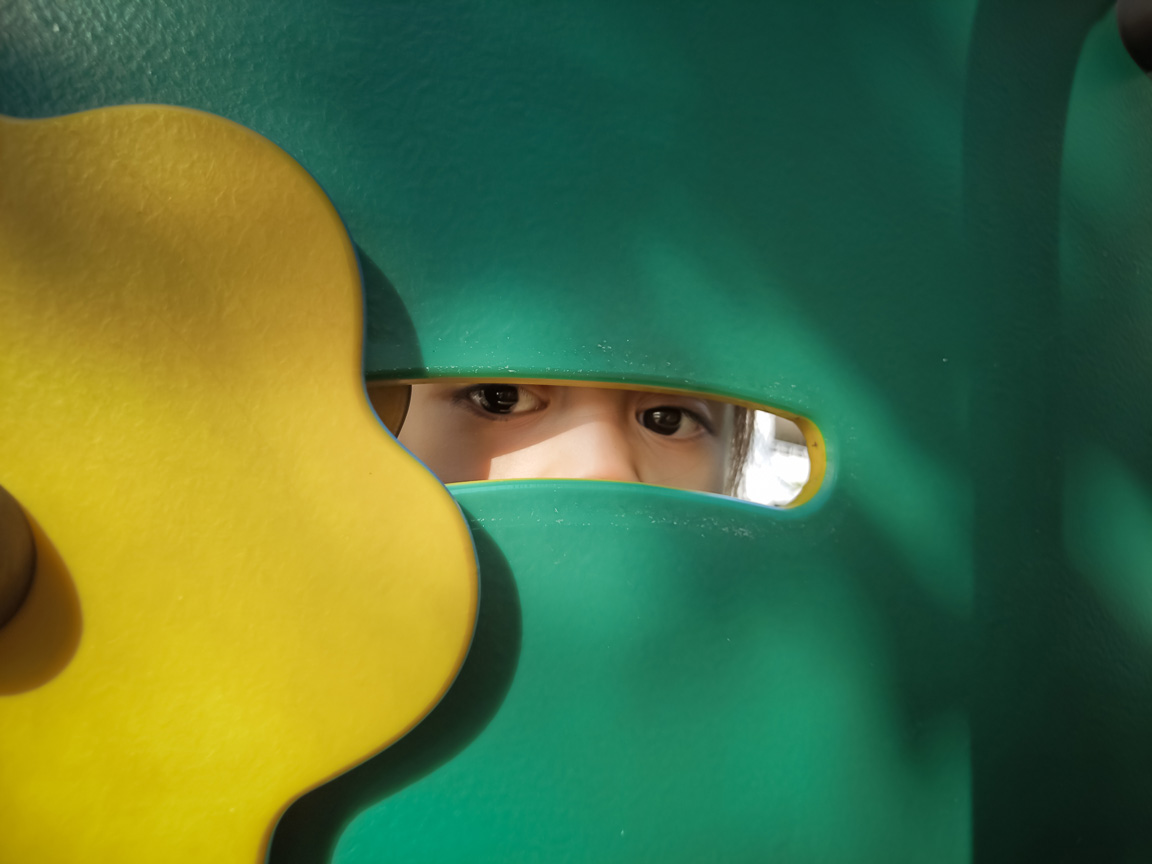 My Cart0
My Cart0

The Importance of Early Intervention: Social Skills and Social Language Playdates
Early intervention in these areas sets a strong foundation for future social interactions and communication. One effective way to foster these skills is through organized playdates that focus on social language development. In this article, we’ll explore the significance of early intervention and provide creative autism playdate ideas to support children’s social and language growth.
The Significance of Early Intervention
Early intervention plays a crucial role in shaping a child’s social and language development. Research suggests that children who receive support in these areas during their early years demonstrate improved communication skills, better emotional regulation, and enhanced social interactions throughout their lives. By addressing social and language challenges early on, children can build confidence and resilience, paving the way for success in school and beyond.
Organizing Social Skills Playdates
Organizing playdates centered around social skills and language development can be both fun and beneficial for children. Here are some ideas to consider for at home playdates :
- Theme-Based Playdates: Choose a theme for the playdate, such as “cooperation,” “turn-taking,” or “empathy.” Plan activities and games that encourage children to practice these skills in a playful and engaging manner. For example, a cooperative building activity or a role-playing game where children take on different perspectives can promote empathy and teamwork.
- Storytelling Sessions: Set up a cozy corner with cushions and blankets where children can gather for storytelling sessions. Use picture books or create simple stories together, focusing on characters who navigate social situations and express their feelings. Encourage children to discuss the stories afterward, highlighting key social and emotional themes.
- Role-Playing Games: Role-playing games allow children to practice social interactions in a safe and supportive environment. Provide costumes, props, and scenarios that prompt children to take on different roles and engage in pretend play. Through role-playing, children can develop problem-solving skills, conflict resolution strategies, and verbal communication abilities.
- Sensory Play Experiences: Incorporate sensory play experiences into the playdate to stimulate language development and sensory processing skills. Set up sensory stations with materials like playdough, water beads, or kinetic sand, and encourage children to describe their sensory experiences using descriptive language. This not only enhances vocabulary but also promotes sensory awareness and self-expression.
- Collaborative Art Projects: Engage children in collaborative art projects that encourage communication, cooperation, and creativity. Provide a variety of art materials and prompts that prompt children to work together to create a shared masterpiece. Encourage discussion about their artistic choices and feelings, fostering both language development and social connection.
Early intervention with social skills and social language playdates lays a strong foundation for children’s social and language development. By providing opportunities for structured play and guided activities, parents & caregivers can support children in building essential skills for successful social interactions and communication. With creativity, patience, and encouragement, autism playdates can become valuable learning experiences that nurture children’s growth and well-being.
Join our Exploring Mates Team for an early intervention playdate focused on enhancing social language skills! Our tailored activities foster communication and interaction in a supportive environment. Reserve your spot today!









